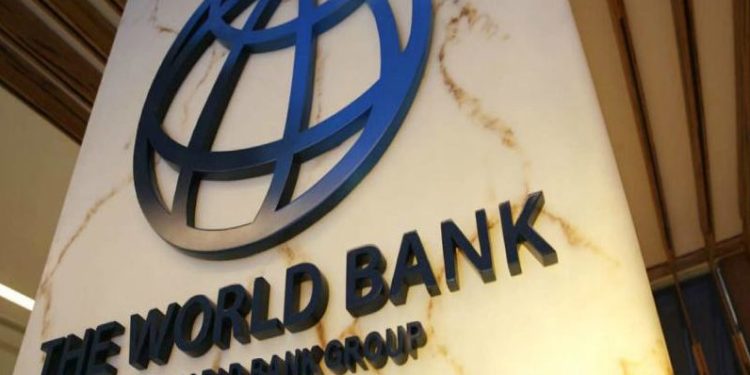The IMF has called for reforms in Kenya’s procurement and stock management processes to optimize resource utilization and reduce wastage. This is one of the conditions the IMF set for Kenya to secure funding from the world body.
The government has responded to this by implementing a number of reforms in order to abide by the requirements set by the IMF.
The expansion of tax receipts has been a main focus spot for the government. The World Bank has urged the government to increase revenues by targeting the hard-to-tax informal sector. New regulations have been introduced to guide the imposition of excise duty on imported goods, financial derivative contracts, and value-added tax on digital imported services. Proposed amendments to the Finance Bill 2023 aim to revise the threshold for turnover tax and increase the presence of the Kenya Revenue Authority (KRA) in major towns and cities.
In a notable move, the Kenyan Treasury has revised the debt ceiling to a debt anchor. Amendments to the Public Finance Management Act are being submitted to establish a public debt anchor at 55 percent of GDP. This change aims to give the government greater flexibility to fund the budget deficit in the upcoming fiscal cycle and access external financing.
The Treasury has also initiated measures to promote financial inclusion, such as establishing the Financial Inclusion Fund, also known as the Hustler Fund. This fund aims to improve credit access for underserved segments, particularly small and microenterprises.
Additionally, the government’s plans to privatize five state-owned corporations have been listed as part of the action plan to secure financing from the World Bank. Proposed changes to the Privatization Act are being submitted to streamline the privatization process, with the government taking a central role in asset disposal.
Read more: Kenya Targets Kshs 136.5 Billion Loan from The World Bank
To access new financing under the IMF’s resilience and sustainability facility, Kenya has committed to integrating climate-related considerations into budget preparation and public investment frameworks. The government aims to manage climate risks effectively and enhance early warning systems.
The combined disbursement of $ 1.41 billion from the World Bank and IMF will support Kenya’s economic growth, implement reforms, expand the tax base, promote financial inclusion, and address climate change challenges. These funds are expected to contribute to Kenya’s journey toward a sustainable and resilient future.
Kenya has therefore secured a significant boost to its economy as the World Bank and the International Monetary Fund (IMF) approved the disbursement of a combined total of $1.41 billion in development aid. The funding is expected to support Kenya’s ongoing economic reforms and sustain long-term resilience.
Last week, the World Bank Group authorized the release of Ksh 138.6 billion ($ 1 billion) as part of its development policy operations. This disbursement marks the fifth instalment over the past five years, highlighting the ongoing commitment of the World Bank to Kenya’s development agenda.
Additionally, the IMF staff agreed to provide Kenya with Ksh 56.8 billion ($ 410 million) under a multi-year program. This amount is part of a wider Ksh 487.9 billion ($ 3.52 billion) funding package that has been extended until April 2025.
The extended arrangement includes a new 20-month resilience and sustainability facility, which has increased the size of IMF support from Ksh 324.3 billion ($ 2.34 billion) since its approval in April 2021.
The Kenyan Treasury has undertaken several actions to secure the World Bank facility. Firstly, the Energy and Petroleum Regulatory Authority introduced new electricity tariffs to ensure that Kenya Power can cover the costs of purchasing power and expanding investments. Structural reforms have been implemented to enhance the efficiency of State-owned enterprises, including Kenya Power.
Email your news TIPS to editor@thesharpdaily.com

















